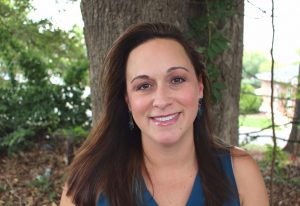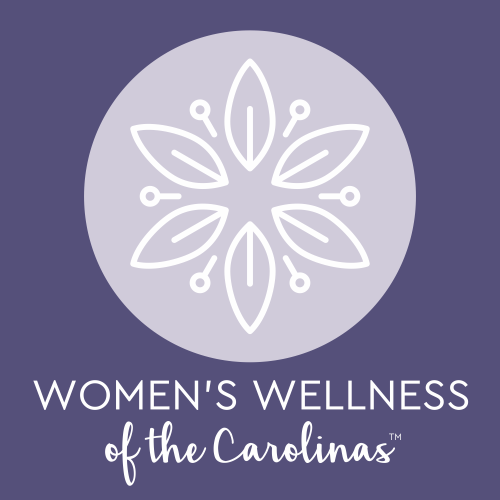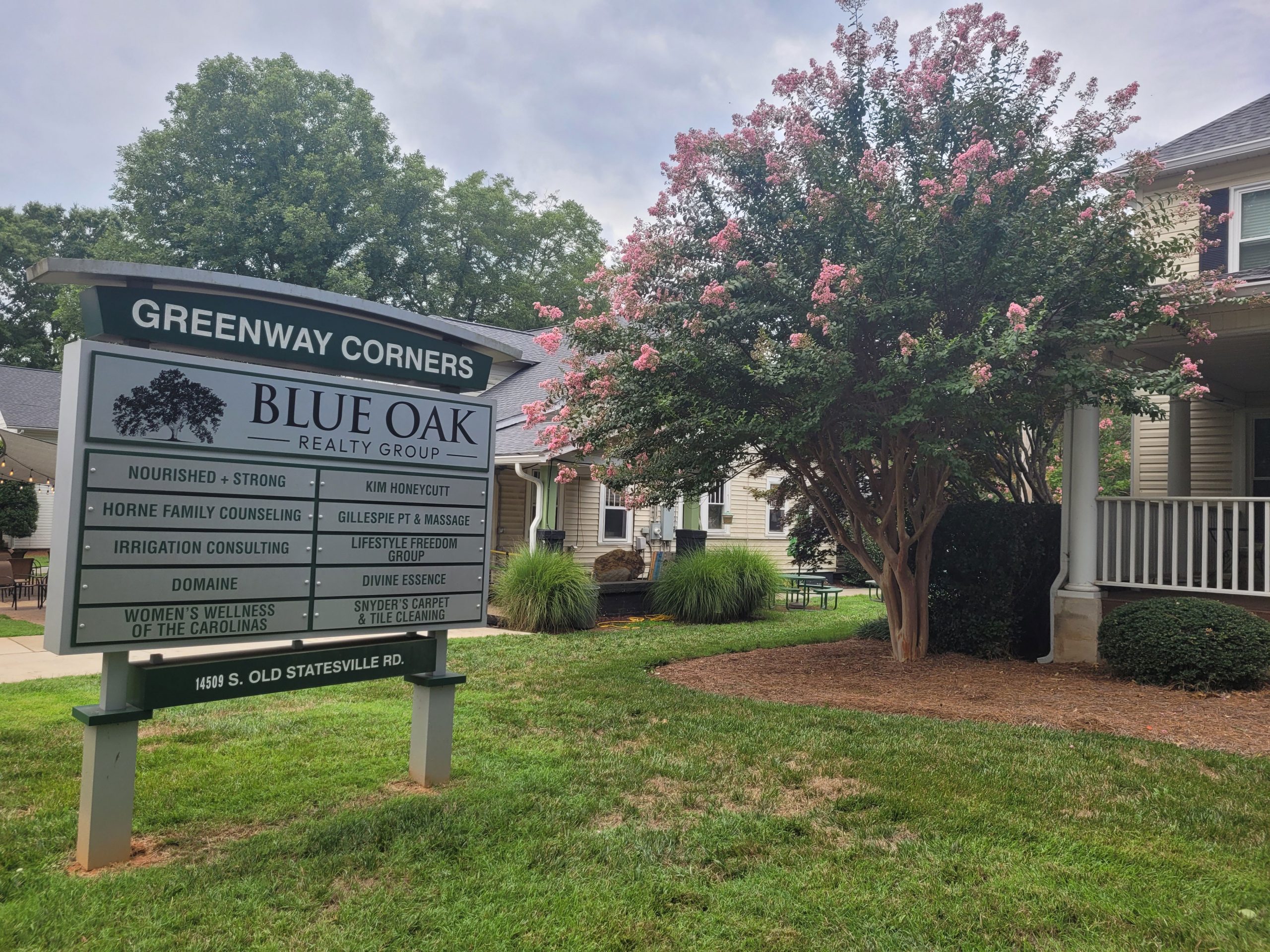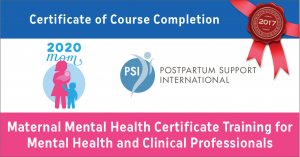 I am a mother, an advocate, a business owner, a social worker, a mentor, and a caring person that you can depend on when it really matters. Each of these roles has deeply shaped the person I am today. When you ask people to describe me they would say: funny, smart, compassionate, motivated, hardworking, loving, authentic, and brave.
I am a mother, an advocate, a business owner, a social worker, a mentor, and a caring person that you can depend on when it really matters. Each of these roles has deeply shaped the person I am today. When you ask people to describe me they would say: funny, smart, compassionate, motivated, hardworking, loving, authentic, and brave.
I became a therapist because I wanted to support someone once they make the decision to get help, acknowledging that the first step is often the hardest. After several years within the field, and after the birth of my precious baby girl Josephine, I decided to step out in faith and open my own practice. A practice where women’s issues are the main focus, and women create an atmosphere to feel comfortable to speak their truth. The hopes and dreams for this practice is that it helps heal a person from the inside out.
 I received my Undergraduate Degree in Psychology at The College of Charleston in 2001. Then, I spent a decade in banking, where I realized the best part of the job, was helping people. I followed my dreams and got my Masters in Social Work from the University of North Carolina at Charlotte in 2012. It turned out to be the best choice of my life. I took a very active role in my Masters program and was a part of receiving many grants, mentorship programs, scholarships, and record breaking fund-raising activities. Since graduating, I have had a variety of experiences with community based mental health, in acute treatment facilities, as well as a variety of outpatient roles in mental health.
I received my Undergraduate Degree in Psychology at The College of Charleston in 2001. Then, I spent a decade in banking, where I realized the best part of the job, was helping people. I followed my dreams and got my Masters in Social Work from the University of North Carolina at Charlotte in 2012. It turned out to be the best choice of my life. I took a very active role in my Masters program and was a part of receiving many grants, mentorship programs, scholarships, and record breaking fund-raising activities. Since graduating, I have had a variety of experiences with community based mental health, in acute treatment facilities, as well as a variety of outpatient roles in mental health.
My Philosophy for Eating Disorder Treatment
My approach to treating eating disorders is twofold. First, we have to understand the severity of the symptom use and determine its effect on your health and well-being. I assess for symptoms such as restricting, binging, binge/purge, laxative and diet pill use, excessive exercise, and other subtler symptoms a person can use to manage their eating disorder. I use a collaborative approach utilizing nutritionists, medical doctors, and psychiatrists to ensure you are being treated holistically. After ensuring you are fully connected to resources specific to your needs, I begin building some stability. I acknowledge that this can be a very physically and emotionally taxing situation for anyone to go through. I provide support to the family and loved ones in therapy and encourage their participation in this work.
Once we have the resources in place, it is time to start exploring the underlying factors that sustain the eating disorder. You have start by understanding that an eating disorder is a negative coping skill, then we can start treating it as such. We can discover different ways to manage how you experience life’s ups and downs. This can be a scary thought, unlocking inner struggles and fears can feel overwhelming. This is where I can help bridge the fear into action. I find that once you address those underlying factors, often the eating disorder can be treated much more successfully. For some people this is anxiety, depression, perfectionism, trauma, need for control, or situational stressors. Once you address these, you can often see relief of symptoms. I use a direct approach, addressing where you’re stuck, and utilizing more positive ways of copings with life’s stressors. I treat girls and women to find ways to end this cycle and have peace with their body and mind. The most common eating disorders I treat are Anorexia, Bulimia, and Binge Eating Disorder. Although, there are a variety of others disordered relationships with food and body image, and I treat these as well. For more information about these, please refer to my Services pages where you can find detailed information.
My Experience and Training for Eating Disorders
My training with eating disorders began at The Renfrew Center, a local facility that specializes in treating eating disorders in various states. I was the clinical team lead where my role including making treatment decisions, guiding clinical intervention, training Masters level interns and new employees, and ensuring the use of their amazing Unified Treatment model for care. The experience was extremely informative and cutting edge. Since starting my own private practice, I continue with ongoing continuing education classes specific to eating disorders. I collaborate and staff cases with other providers within the eating disorder community to ensure that I have resources and information at the forefront of treating not only eating disorders but the co-occurring other mental health disorders that can be underlying the eating disorder and exacerbating its effects. I also explore other topics such as body image, disordered eating, orthorexia, and compulsive exercise.
Maternal Mental Health
Prenatal Care
Pregnancy, not what you expected? Often people think of this time as being joyous and exciting, and yes it can be, but it can also be anxiety producing and lonely. If you feel like you have to put on a good face and act happy, it can be very isolating. Sometimes pregnancy brings up considerable worry, sometimes the physical effects are overwhelming, and wrapping your mind around all these changes can be hard to do alone. You should know that it is perfectly ok to feel this way. It isn’t a reflection of your gratitude for becoming pregnant or what type of mom you will be. Let’s talk through these changes and help prepare you for your new role. Helping yourself prepare emotionally and mentally for the birth of your child, can be the greatest gift you could ever give them.
Postpartum Therapy
Postpartum, so now what? The shift into motherhood can be daunting. The sleepless nights, the new responsibilities, the sudden change to your life and family. Sometimes this goes beyond the “baby blues” and the transition into motherhood can be challenging. Let me be clear that this is very normal, but when it isn’t expected, it can bring up feelings of guilt or shame. Taking on the role of being a mom can be overwhelming, whether it is your first time, or not. Let’s talk through these changes and work to find some peace and calm so you can become the mother you envisioned.
My Philosophy for Therapy for New Moms
My philosophy with maternal mental health is to first educate mothers through their pregnancy, birth, and postpartum. Normalizing these feelings are also important, you are not alone, you are just brave enough to admit this is harder than you expected. With that education, we can determine if you would benefit from community resources such as groups, psychiatry, in home services, on line services, or a variety of options that can benefit your specific needs. But most importantly, a large dose of compassion and understanding, a place to talk through the good, the bad, the ugly without judgment. One in seven women experience some form of postpartum depression, postpartum anxiety and/or OCD, postpartum bipolar or psychosis within the first year after birth. With that being said, it is the number one complication of childbirth and it should be addressed just as you would address any other medical concern. For more information about these, please refer to my Services pages where you can find detailed information.
Training and Experience for Pregnancy and Postpartum Therapy
My training for Maternal Mental Health has come through Postpartum Support International (PSI) where I received my certification through the 2020 Mom Project. I also continually take courses to increase my knowledge on topics impacting motherhood. I work in collaboration with other providers within the PSI community and beyond to staff cases and provide education and resources to moms when they need them. I have a special passion for working with women who are pregnant and first-time mothers. I take great pride in welcoming mothers to the tribe, where you are accepted for where you are at, and encouraged and supported through the tough times.





